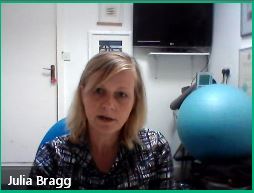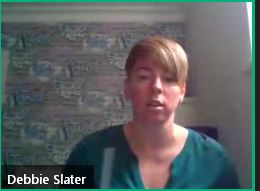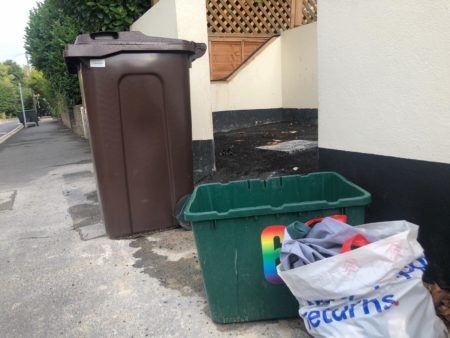Up to 5% of municipal residual waste is made up of textiles, WRAP has claimed, stating that local authorities could save on disposal costs by rolling out a kerbside textile collection service.
And, Julia Bragg, recycling and collections advisor at WRAP, said that while she acknowledged that the value of clothing has “hit the floor” since the lockdown in March, it is now “bouncing back”, with prices of up to £130 for textile banks and kerbside material.
Ms Bragg was talking at WRAP’s ‘love your clothes’ event at second day of the 2020 LARAC Conference.
When asked about the value of used clothing, she said: “We know that the markets for textiles absolutely hit the floor and they had no value at all shortly after lockdown, and that continued for quite some time, and there were issues with collections and handling materials that could potentially have come from a Covid environment”.
Ms Bragg added: “The market has now picked up, certainly not back to where it was, but we know it is picking up and we now have prices of up to £130 being paid. So significantly lower than before, but it is picking up and people have learnt how to quarantine and work safely.”
Market
Ms Bragg had earlier given a market overview of the textiles field, explaining that 118 local authorities in the UK collect textiles at the kerbside in 2019/20.
Based on composition data in 2017, 921,000 tonnes of textiles were making their way into the residual bins, making up around 5% of all kerbside residual waste. For residual HWRC waste, this figure was as high as 24%.
This costs councils between £51 million collectively for those which send waste to an energy recovery plant, up to £67 million for those who landfill.
“This is based on composition studies, carried out by different waste authorities and the costs taken from WRAP gate fee studies. This is all being paid for by the taxpayers,” she added.
Contamination
Ms Bragg was speaking after Debbie Slater, also recycling and collections advisor at WRAP, who spoke on the impact of textile contamination on dry recycling services.
“Textiles which are contaminated and mixed with recycling have no value”
She explained that a WRAP survey of 5,000 people carried out earlier this year, examining public recycling behaviour, found that 11% said they put textiles in their kerbside recycling, and spoke about the difficulties this poses.
“This can damage sorting machinery and lead additional disposal costs. Textiles which are contaminated and mixed with recycling have no value. This leads to a drop in productivity at sorting facilities too.
“By weight, around 5% by weight of all residual waste is textiles too so the costs with this are huge and highlights the confusion that exists at the moment”.
Kerbside collected textiles came under the spotlight in 2019 after issues with contamination was raised by textile recyclers (see letsrecycle.com story).
Bring-back
Ms Slater said while bring-back sites do help with this, they are often targeted by fly-tippers and “pose a risk” as collections are often ad-hoc, and contamination rates are high.
She explained that while a collection is the best way to clamp down on costs and contamination, there are some things to consider.
“It needs to be an efficient and consistent service. I’ve worked in services with a limited capacity, and if you were at the end of the collection round your textiles wouldn’t be collected, as the under-body box was full.
“So if it is rolled out, it has to be resourced, capacity must be there and all residents must have access to it, and it has to be promoted as well. If you choose not to, signpost people to alternatives”.
Waste minimisation
Also speaking at the event was Stephanie Campbell of Love Your Clothes, a campaign group supported by WRAP developed to help change the way the UK consumers buy, use and dispose of their clothing.
She outlined some of the work the campaign has done on waste minimisation, including campaigns to highlight ways of cleaning and repairing clothes instead of throwing them away.
The post Kerbside textile service can cut costs, WRAP says appeared first on letsrecycle.com.
Source: letsrecycle.com Waste Managment





